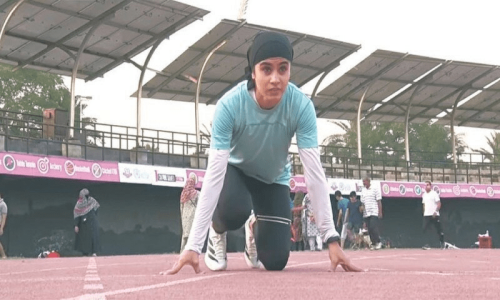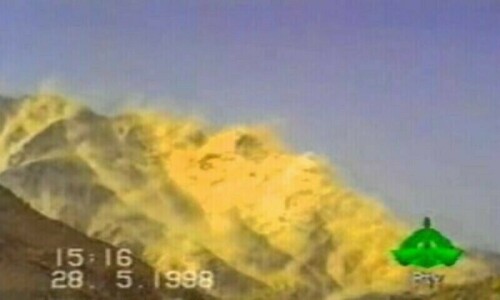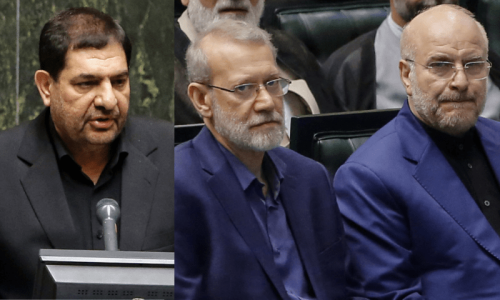THINGS may be less than desirable in terms of the state of education and scientific progress here in Pakistan, but in other parts of the world, countries are going from strength to strength.
Close to home, India had reason to celebrate in September when its Mars Orbiter Mission successfully went into orbit.
In the US, despite a setback earlier this month, work continues on developing a spaceship viable for commercial travel. And on Wednesday, the European Space Agency achieved something breathtaking: in the climax of a decade-long, $1.8bn mission, it landed a probe on a comet. The box-shaped, 100kg lander named Philae is meant to get samples from the surface of the comet 67P/Churyumov-Gerasimenko, roughly around half a billion kilometres from Earth.
Know more: Probe lands on comet in space first
Since comets are residue from the birth of our planet’s 4.6-billion-year-old solar system, the hope is that some light will be shed on how planets and life are created; the rock and ice that constitute a comet act as a time capsule to preserve organic molecules.
“We are ready to make science fiction a science fact,” said the ESA director of human spaceflight and operations, and he was certainly not far off the mark.
Pakistan, meanwhile, is not quite at a standstill when it comes to the research and exploration of space. Today marks the conclusion of an International Conference on Space organised jointly by the Pakistan Space and Upper Atmosphere Research Commission and the Institute of Space Technology, co-sponsored by the Inter-Islamic Network on Space Sciences and Technology. Suparco, in particular, has for many years been quietly but surely plugging ahead with research and deserves commendation for that.
Of course, the troubles that plague Pakistan are such that it is difficult to make an argument for the country throwing too much of its energy behind space exploration — there are many clear and present dangers to tackle.
Nevertheless, one can at least dream of a time in the distant future when Pakistan, too, may feature amongst the countries that have made space-related breakthroughs.
Published in Dawn, November 14th, 2014











































